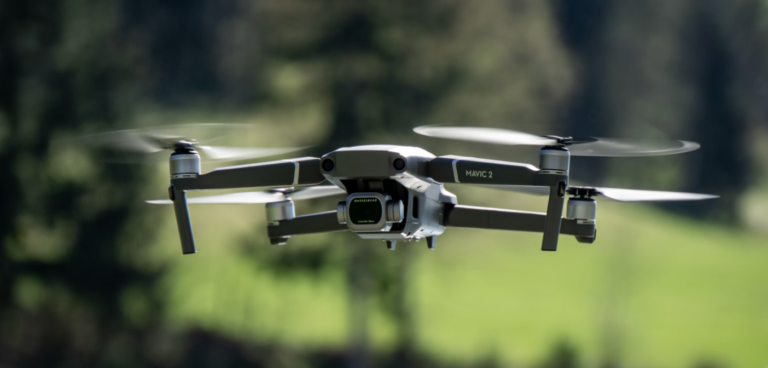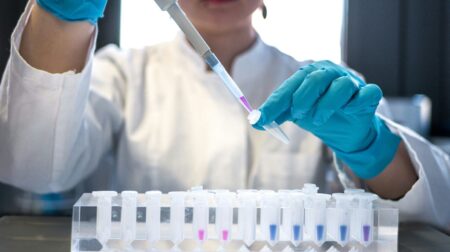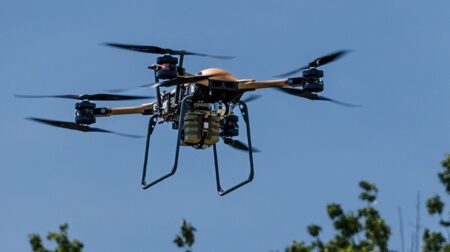Solar-powered aircraft, ultra-efficient wings and medical treatment-carrying drones are some of the technologies set to receive a share of £273m after UK business secretary Kwasi Kwarteng announced major investment into greener aerospace.
The multimillion-pound package will be directed toward advancing low-carbon aerospace innovation, boosting the national economy and growing industry employment.
Reportedly 81,000 jobs have come from the current Aerospace Technology Institute Programme, which the government also claims has added £97bn to the UK economy.
Some winners of the programme’s competition include Microlink Devices UK, which was awarded £6.7m to develop high-volume and highly-automated solar cells for electric aircraft, and Yasa, which won £11.1m to use research from Formula One’s high-powered electric motors in the urban air mobility market.
Joint government and industry funding worth £155m will support projects across low-carbon aerospace, such as hydrogen and battery technology and efficient manufacturing processes and more.
Kwarteng said: “Through funding for the latest in green technology, such as solar- and hydrogen-powered aircraft, and setting out our vision for the fast-growing market for commercial drones, we are once again placing the aerospace sector directly at the centre of our plans to deliver jobs and grow the economy.”
The government’s Future Flight Challenge will also see a £105.5m boost, with the aim of developing more sustainable air transport modes across the UK.
The Department for Business, Energy and Industrial Strategy has suggested this could create almost 9,000 new jobs.
The projects could include making motorways safer and improving journey times by using electric drones to survey hazards, to using such technology to distribute medical treatments across Scotland, including to cancer patients.
The Regulators’ Pioneer Fund will also offer £12m to future innovators, backing initiatives that could unlock future industries through regulation, from flying cars to vaccine-carrying drones.
A statement focused on the UK’s drone ambitions has also be published, covering the potential worth of drones to the UK’s future economy.
UK transport minister Robert Courts said: “Integrating drones into our transport system will play a huge part in better connecting communities, from potentially delivering vital NHS treatments in isolated communities to capturing high quality aerial imaging for rescue teams.”








